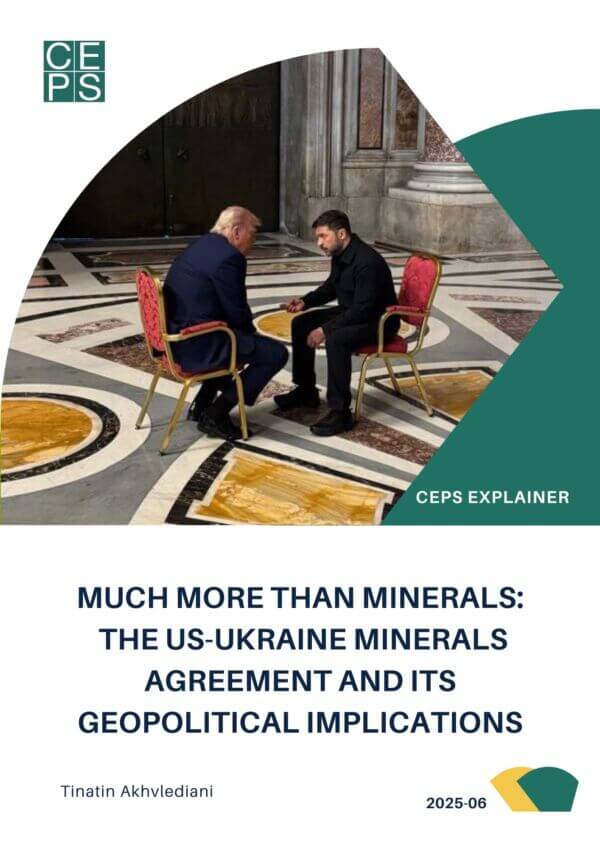With the 2015 nuclear deal dead in all but name, Iran is getting closer to Russia and more repressive at home, while EU member states’ priorities about the Islamic Republic now extend beyond nuclear proliferation to human rights and European security. This shift in priorities cements a re-orientation of the EU’s approach to Iran from conditional engagement to confrontation. EU member states’ options are limited, however. Pressure worked prior to the nuclear agreement because the EU cut off significant trade with Iran. But US extraterritorial sanctions, re-imposed after the United States left the deal in 2018, have rendered EU-Iran trade so modest that cutting it would have little impact. The EU could get more leverage by providing incentives, yet the political inexpediency of rewarding Iran at a time of rising belligerence of the Islamic Republic greatly restricts the range of benefits potentially on offer. Still, in the mid- to longer term, the EU and its member states will need to combine pressure with some form of incentives if they want to defend their interests in non-proliferation, European security and the protection of human rights in Iran. They also need to resort to a variety of international partnerships in order to maximise their residual leverage.
0

Image credit: European Union
More CEPS Publications
7 Published Publications
Related Publications
Browse through the list of related publications.







